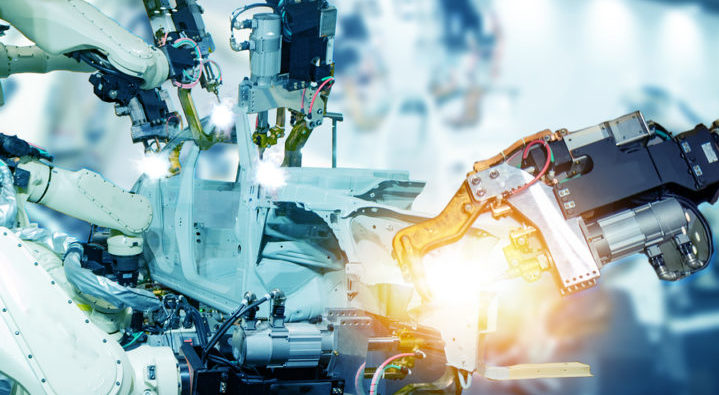Since the industrial revolution, innovation and new technologies have been transforming the way humans work and do business. Last century, robotic automation revolutionised factory-style industries, replacing an entire workforce of manual factory labourers in the process.
Since then, we have come along way in technological terms. One of the biggest game-changing technologies of the 21st century is the ability to use Artificial Intelligence to make decisions. While many people are nervous that Artificial Intelligence might be getting ready to replace their job, the truth is the most effective use is often working alongside humans. Ultimately, the real threat to SMEs who refuse to adopt new innovation is not the technology itself but instead falling behind their competitors who do.
Artificial Intelligence, or AI, is the ability for computers to not just process data, but to actually think for themselves. In doing so, AI allows us to spot trends in sets of data, that the human mind simply isn’t able to see and then continually adapt and change as more new information becomes available.
Combine this with current technologies that can replicate and automate repetitive functions, this huge technological leap forward will continue to disrupt many traditional industries that have relied not simply on repetitive manual tasks but now also on human logic, interpretation and research.
A progression, not a revolution
Advances in technology and AI will impact SMEs not overnight but as a progression. It won’t be a case of a business owner coming into work one day and having to shut up shop because they have been replaced by an AI empowered alternative.
Instead, SMEs that delegate functions within their business that can be automated or improved by augmenting their current service delivery to technology will become more efficient than those who do not. As a result, their position in the market will grow.
Let’s take an example: the buyers agency industry
A key component of a buyers agent’s role involves building trust and confidence with their clients and negotiating like a pro with selling agents. Computers can not replicate these functions. A second fundamental aspect, however, which involves asset selection can.
In Australia, there are currently technologies available that can quickly identify new suburbs and areas with the potential for rapid growth. These technologies can understand and compare all markets at a national level, use big data and process lots of information to reveal unique investment opportunities. Buyers agents who chose to delegate this function to AI can unlock improved results for their clients and better efficiencies within their business.
Through the argumentation of technology, buyers agents are then able to spend increased time and focus on building trust, negotiating and the relationship based areas of their business.
Early adopters will lead the way
As was the case last century in the Ford factories, technology will continue to take on functions traditionally carried out by humans, transforming the way we work. SMEs certainly need to be aware of AI and how it will affect their industry, as going forward the most successful businesses will be the ones that embrace new technologies the most.
Jacob Field, CEO, Ripehouse Advisory










